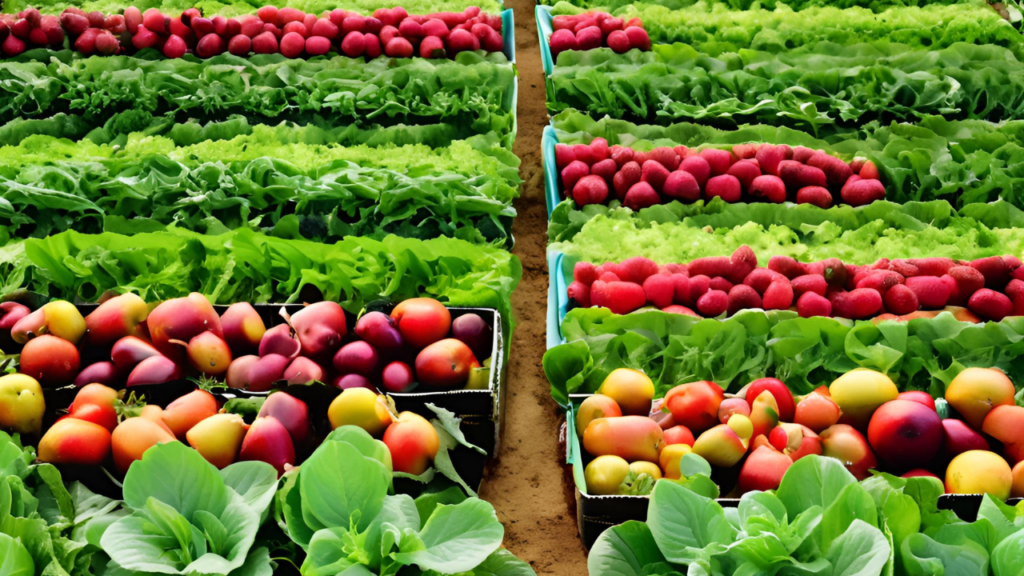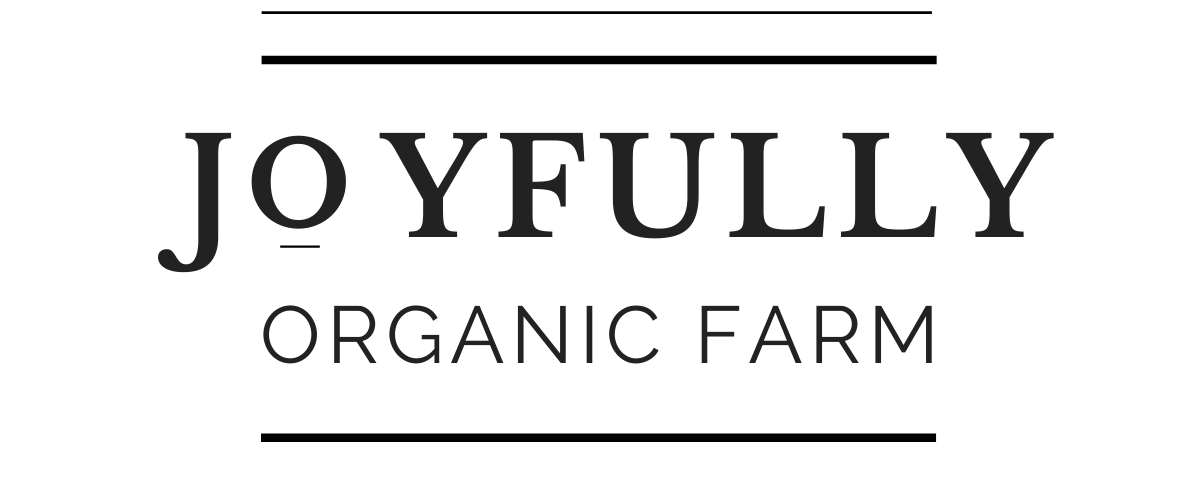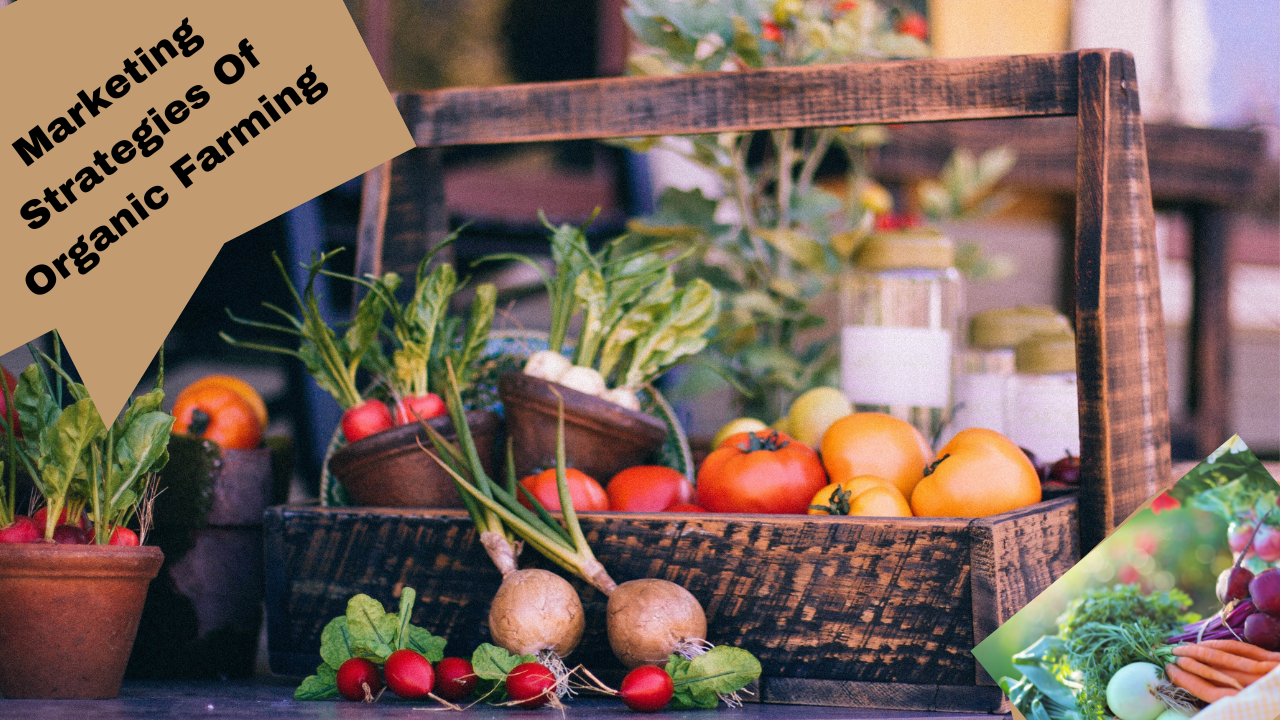10 Effective Marketing Strategies Of Organic Farming to Boost Your Farming Success
Marketing Strategies Of Organic Farming
Table of Contents
- Introduction
- Understanding Organic Farming Costs
- Initial Investment
- Certification Costs
- Labor Costs
- Comparing Costs: Organic vs. Conventional Farming
- Input Costs
- Yield and Productivity
- Economic Benefits of Organic Farming
- Premium Pricing
- Market Demand
- Long-Term Cost Analysis
- Soil Health and Fertility
- Environmental Impact
- Case Studies and Real-Life Examples
- Conclusion
- FAQs
Introduction
Organic farming is often perceived as more expensive than conventional farming, but is this always the case? This article will explore the various costs associated with organic agriculture, compare them with traditional farming, and analyze the long-term economic benefits. Understanding these factors lets you decide whether organic agriculture is worth the investment.
Understanding Organic Farming Costs
Initial Investment
The initial investment in organic farming can be higher than in conventional agriculture. This is due to the need for organic seeds, natural fertilizers, and organic pesticides, which are often more expensive than their synthetic counterparts.
Certification Costs
Farmers must obtain certification from an authorized body to market produce as organic, which involves both time and money. The certification process can be rigorous and includes regular inspections and compliance with organic standards.
Labor Costs
Organic farming is more labour-intensive, often requiring manual weeding, pest control, and soil management practices. This can result in higher labour costs than conventional agriculture, which relies more on chemical inputs and mechanization,which is very essential for marketing strategies of organic farming

Comparing Costs: Organic vs. Conventional Farming
Input Costs
Organic farming typically involves higher input costs for organic seeds, fertilizers, and pesticides. However, it avoids the expenses of synthetic chemicals and genetically modified organisms (GMOs).
Yield and Productivity
While organic farms may initially have lower yields, they often achieve productivity comparable to conventional farms over time. Higher market prices for organic produce can offset the lower yield.
Economic Benefits of Organic Farming
Premium Pricing
Organic products can be sold at a premium price, often 20-30% higher than conventional products. This premium pricing can help offset the higher production costs of organic farming.
Market Demand
There is a growing demand for organic products as consumers become more health-conscious and environmentally aware. This demand can lead to higher profits for organic farmers. These all are includes in marketing strategies of organic farming.
Long-Term Cost Analysis
Soil Health and Fertility
Organic farming practices improve soil health and fertility over time, reducing the need for expensive chemical inputs. Healthy soil can lead to higher yields and better crop quality in the long run.
Environmental Impact
Organic farming reduces environmental pollution and conserves biodiversity. These benefits can translate into economic savings by avoiding costs associated with environmental degradation and health issues caused by chemical farming.
Case Studies and Real-Life Examples
Including case studies and real-life examples of successful organic farms can provide practical insights and inspiration for those considering organic farming.
Conclusion
While organic farming may involve higher initial and ongoing costs, the long-term benefits, including premium pricing, market demand, improved soil health, and environmental sustainability, can make it a worthwhile investment. Understanding these factors is crucial for making an informed decision about transitioning to organic farming, Which is very beneficial outcomes for marketing strategies of organic farming.
FAQs
Initial Investment Comparision
| Item | Organic Farming Cost | Conventional Farming Cost |
| Seeds | Higher | Lower |
| Natural Fertilizers | Higher | Lower |
| Organic Pesticides | Higher | Lower |
Economic Benefits
| Benefits | Organic Farming | Conventional farming |
| Premium Pricing | Yes | No |
| Market demand | Growing | Stable |
| Long Term Soil health | Better | Degrading |

